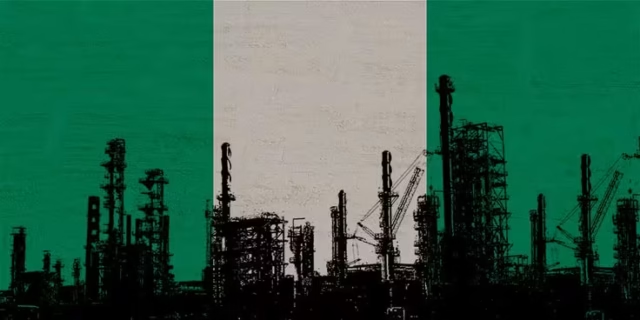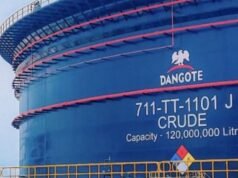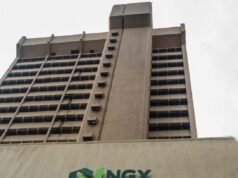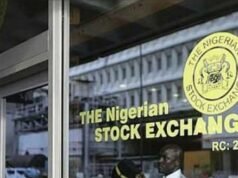Fuel Import Duty Crisis: Analyzing the 15% Tariff and Marketers’ Price Hike Warnings
The Federal Government’s decision to impose a 15% ad-valorem import duty on petrol (PMS) and diesel has ignited a fierce debate within Nigeria’s energy sector. While the policy is lauded by the Presidency as a strategic move toward energy security, oil marketers warn that the levy directly threatens their operations and will inevitably trigger another round of fuel price increases, potentially pushing pump prices past the ₦1,000 per litre mark.
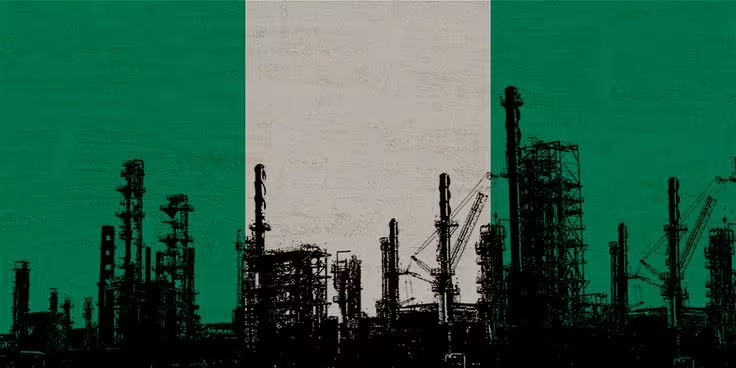
This conflict represents a high-stakes moment: prioritizing the protection of local refining capacity versus shielding consumers from immediate inflationary pressure.
Why the 15% Tariff? The Government’s Rationale
The approval, conveyed following a request by the Federal Inland Revenue Service (FIRS), is rooted in three strategic pillars aimed at restructuring Nigeria’s energy economy:
1. Protective Tariff for Local Refining
This is the core objective. By applying a 15% duty on the Cost, Insurance, and Freight (CIF) value of imported products, the government intentionally makes foreign-sourced fuel more expensive. The official goal, as stated by the FIRS Chairman, is to:
Discourage Importation: Reverse Nigeria’s historically disturbing reliance on imported petroleum products despite its status as a crude oil producer.
Level the Playing Field: Create a protective shield for domestic refineries, particularly the Dangote Refinery and various modular plants, allowing them to compete against cheaper foreign alternatives.
2. Foreign Exchange Conservation
The policy is designed to conserve Nigeria’s scarce Foreign Exchange (FX). When fuel is imported, dollars are spent. By transitioning to local refining and supply, the government can reduce the demand for dollars, which in turn supports the strengthening of the Naira and boosts the nation’s external reserves.
3. Boosting Economic Security and Prosperity
The Presidency emphasizes that the policy will shift the market to favor local production, leading to:
Job Creation and Investment: Expanding local refining capacity creates jobs and attracts further investment.
Price Moderation (Long-Term): Increased local supply and competition, once fully scaled, is expected to moderate prices, ensuring the country’s oil wealth translates into national prosperity.
Oil Marketers’ Warning: The Threat to Operations
Independent Petroleum Marketers Association of Nigeria (IPMAN) and other industry players have vociferously opposed the duty, arguing that the policy is premature and counterproductive in the short term.
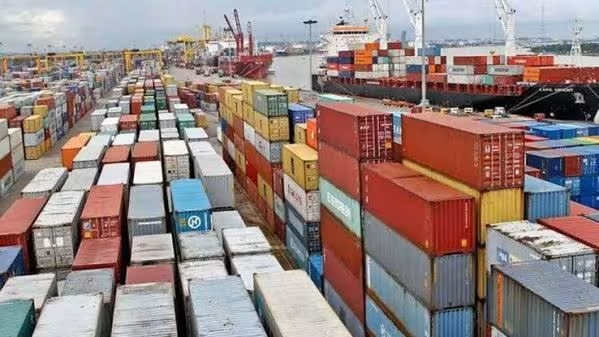
1. Immediate Price Hike
The most immediate and critical consequence is the increase in pump price. Marketers will be forced to pass the additional 15% duty cost onto the end-user, further intensifying the inflationary pressures that have already pushed the cost of living higher since the 2023 fuel subsidy removal.
2. Local Supply Insufficiency
IPMAN’s Publicity Secretary, Chinedu Ukadike, argues that the policy is ill-timed because Dangote Refinery is not yet producing sufficiently to meet national demand.
The Conflict: Marketers are still dependent on imports to fill the national shortfall. By imposing the duty now, the government is “making it difficult for people who are bringing in products to compete” when local refiners cannot yet satisfy the market.
Deregulation Concerns: Marketers argue that using a protective tariff to favor certain “industry players” goes against the principle of a truly deregulated economy, where market forces should determine prices and survival.
3. Obsolescence and Transition Costs
Ukadike also warned that sustained high fuel prices, exacerbated by the new duty, could accelerate the shift towards Compressed Natural Gas (CNG) and electric vehicles (EVs). While this transition is green, it could lead to numerous conventional filling stations going obsolete, posing an existential threat to independent marketers who rely on petrol and diesel sales.
Economic Analysis: Short-Term Pain vs. Strategic Gain
Economists recognize the inherent dichotomy in the government’s move, labelling it a strategic but “double-edged policy decision.”
Paul Adams, an economist at Nasarawa State University, confirmed that the duty is a well-intentioned move to strengthen domestic refining. However, he cautioned:
| Short-Term Challenge (Marketers’ View) | Long-Term Strategic Goal (Presidency’s View) |
|---|---|
| Increased Inflation: Importers pass costs to consumers, intensifying hardship. | FX Conservation: Reduced dollar demand strengthens the Naira-based economy. |
| Supply Disruption Risk: Tightened margins could disrupt supply consistency. | Industrial Protection: Nurturing emerging domestic refining capacity. |
| Higher Cost of Living: Increased transportation costs across the economy. | Economic Diversification: Translating oil wealth into local jobs and industrial activity. |
Ultimately, the policy hinges on a critical race: Can the Dangote Refinery and other modular refiners ramp up production capacity quickly enough to stabilize local supply before the financial pressure from the 15% duty completely cripples fuel importers and drives consumers to untenable price levels?
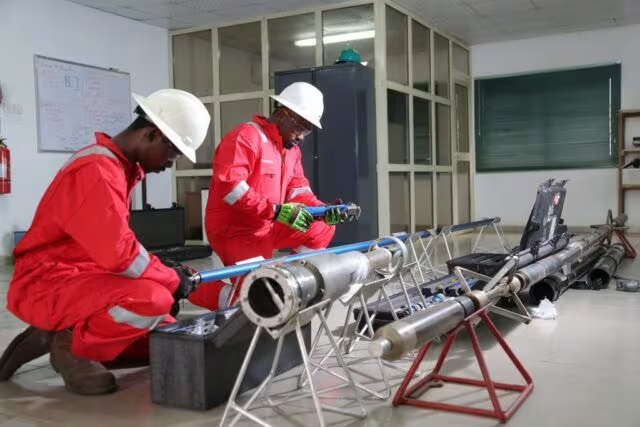
The 15% tariff is a significant fiscal mechanism designed to force market change. Would you like a detailed breakdown of the potential estimated price increase per litre caused solely by this 15% duty?
Join Our Social Media Channels:
WhatsApp: NaijaEyes
Facebook: NaijaEyes
Twitter: NaijaEyes
Instagram: NaijaEyes
TikTok: NaijaEyes
READ THE LATEST BUSINESS NEWS.


